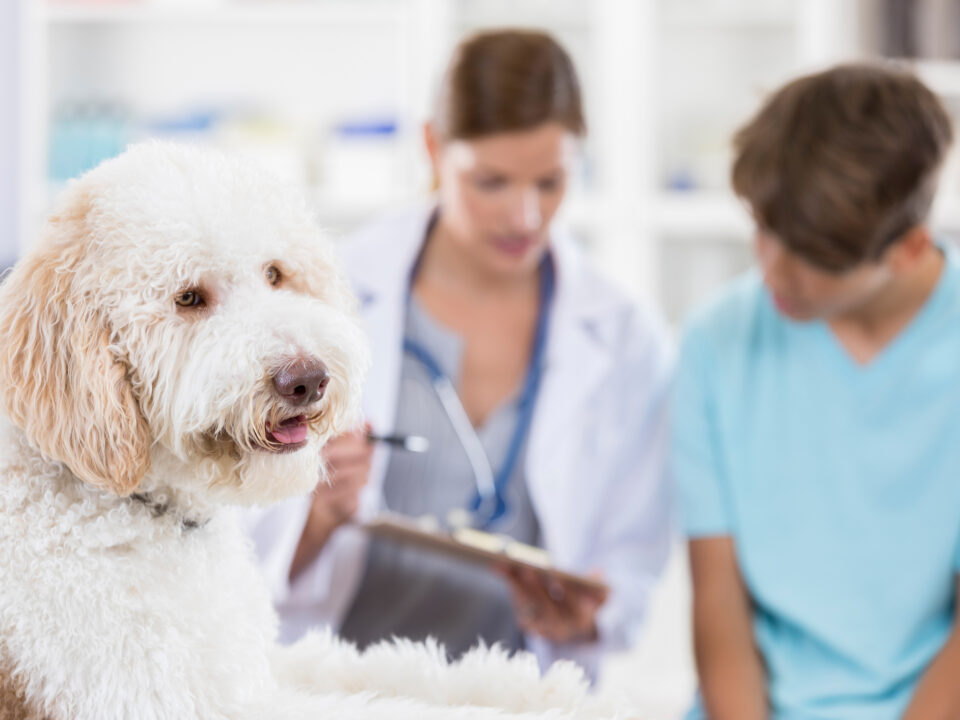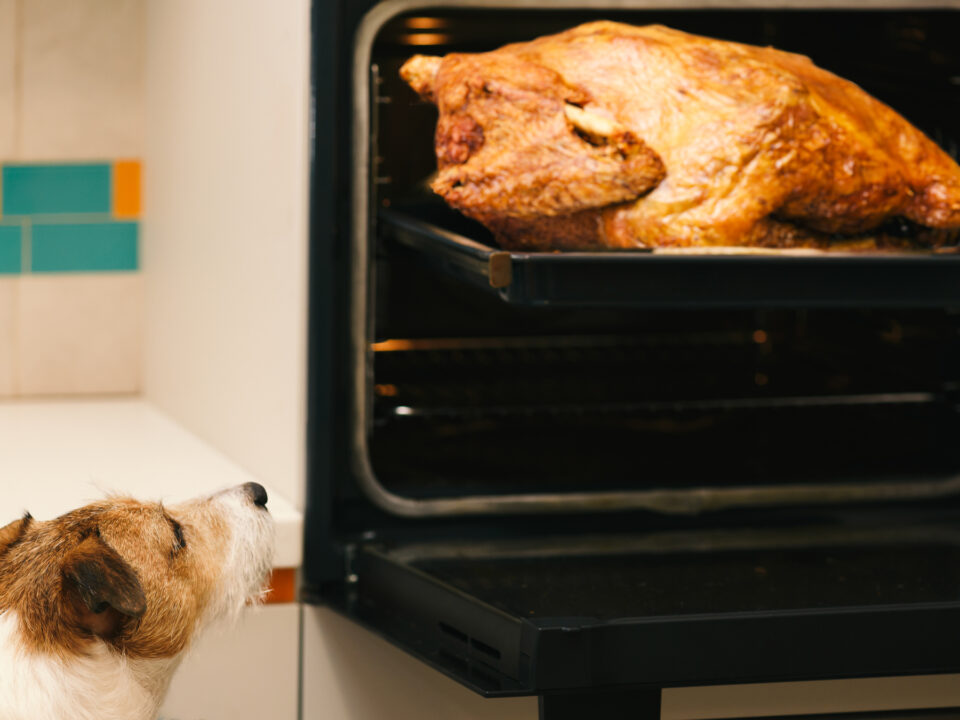5 Benefits of Spaying or Neutering Your Pet in Sewell, NJ

8 Reasons Why Your Dog is Throwing Up in Sewell, NJ
June 12, 2020
Dog Kidney Problems in Sewell, NJ: What You Need to Know
August 20, 2020When you have a pet, it’s important to learn everything you can about having your furry friend spayed or neutered. Your vet will give you more information about the right time to spay or neuter your pet in Sewell, NJ and can answer all of your questions about the procedure, too.
There are many benefits to spaying and neutering. In this article, you’ll learn some of the most common benefits that make this decision one of the most important you can make for your pet’s safety, health, and well-being.
Male Pets Are Less Likely to Mark Their Territory
Male pets who are left intact tend to mark their territory by urinating in the house frequently. This behavior often stops altogether when these pets are neutered. Even in pets who don’t stop marking their territory completely, the behavior is much less common after they have been neutered.
If you have a dog who frequently urinates indoors, speak to your vet to find out more about whether or not neutering may be a good solution to this problem. As long as the issue is behavioral and not related to a health condition, you’re sure to see some changes for the better when you have your male pet neutered.
Female Pets Won’t Go Into Heat Anymore
Intact female pets regularly go into heat. During this time, they may menstruate, and they are likely to show unpleasant behavioral changes as well. They may try to run away to find mates and are likely to be hurt or become sick if they manage to get out of the house.
When you have your female pet spayed, she won’t go into heat anymore. This means she won’t be looking for a mate, and she also won’t have any physical or behavioral changes for you to deal with during her heat, either.
They’ll Be Healthier and May Live Longer
Male and female pets are both less likely to try to run away after they have been spayed or neutered. Many pets attempt to escape from homes and yards because they want to find a mate, or because they are driven by hormonal urges and instincts that subside after they are spayed or neutered.
If you have a problem with your pet getting away from you more often than not, you may be able to stop this behavior with spaying or neutering. Of course, this also reduces the risk of your pet being injured, getting sick, or disappearing as well.
Your pet will also be healthier overall after being spayed or neutered. Spaying and neutering both remove parts of the pet’s reproductive system. In female pets, the ovaries and uterus (or sometimes just the ovaries) are removed; in male pets, the testicles are removed. With these organs removed, your pet will not be able to contract diseases related to these organs, such as cancer.
Most pets have better urinary health and overall well-being when they are spayed or neutered, too. Additionally, the majority of pets don’t gain much weight from these procedures, so you don’t have to worry about any health risks associated with them.
Your Pet Will Show Better Behavior
Male and female pets are both more likely to be aggressive or to have bad behavioral problems before they’re spayed or neutered than after. When you have your pet spayed or neutered, these problems usually subside within a few months. Your pet may be less likely to show aggression, to guard food or toys, or to lash out at members of the family. Similarly, your pet may become more of a lapdog or cat after being spayed or neutered, too.
However, it’s important to remember that spaying and neutering doesn’t automatically solve all behavioral problems. Some pets will require additional obedience training and other means to deal with their behavioral issues. You can talk with your vet to find out more about whether or not spaying or neutering your pet is a good solution for the behavioral issues you’re seeing in your pet.
You Won’t Need to Cover Costs That Come from Pregnant Pets
Finally, consider the overall cost of dealing with a pregnant pet or a litter of puppies or kittens versus the cost of spaying or neutering. Pets who get pregnant need several vet visits, and their babies will also need to go to the vet frequently after they’re born. You may find yourself in debt from having to deal with a pet who becomes pregnant, and you may have trouble finding homes for all the puppies or kittens in the litter, too.
Of course, spaying and neutering isn’t free. However, you can usually find help with the cost of these procedures if you speak to your vet or to the rescue or shelter where you adopt your pet. These resources can point you toward a low-cost clinic that may provide affordable spay and neuter surgeries. Some clinics also charge for these procedures on a sliding scale based on your income, as long as you have income proof to show them.
Spaying and Neutering Has Many Benefits for Sewell, NJ Pet Owners
These benefits only scratch the surface of the myriad of reasons why it’s better to spay and neuter than it is to leave your pet intact. Most pet owners have no reason to keep their pets intact and should speak with their vets as soon as possible about scheduling this procedure. Your vet will let you know if there are any risk factors to consider and will advise you about the best time to spay or neuter your pet.
Don’t forget, too, that you may live in an area where spaying or neutering is strongly suggested by law. Although it is not illegal to keep your pet intact in these areas, you may be unable to adopt from a rescue or shelter if you’re unwilling to have your pet spayed or neutered within a certain time frame.
Additionally, in many places, rescues and shelters will automatically spay or neuter pets before ever adopting them out in the first place.




